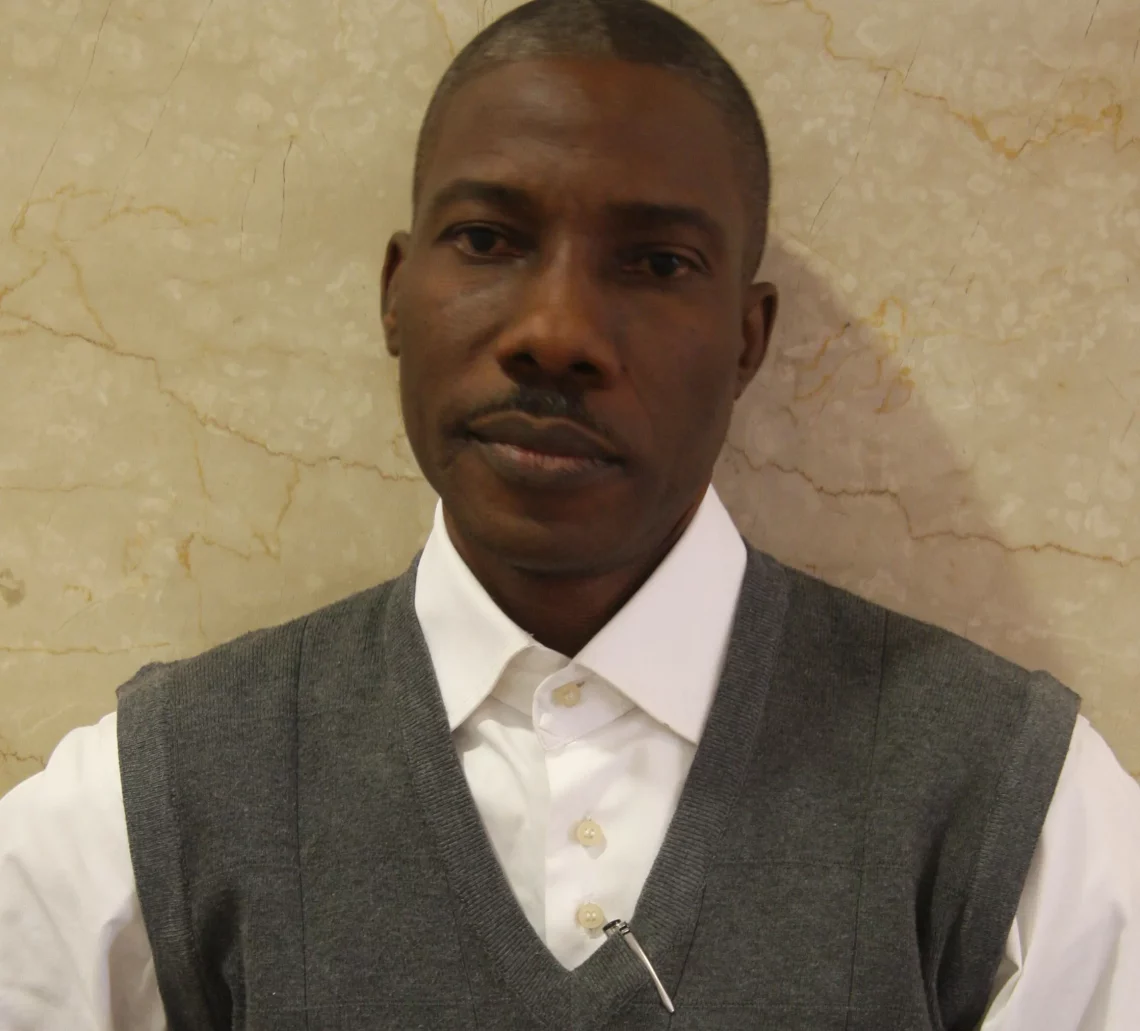Did the recruiters fail? Did they fail because they hired flight-risk talents who quit the firms after two years? Maybe not. Most recruiters see a candidate who has a founder’s experience as a red flag. So, they do not recruit such a candidate. They missed the submarines. Nobody noticed them. They suddenly emerge within and fly away.
Recruiters often look at retention rate and role fit. They do not hire a former founder. Writing under are former startup founders less hireable in hbr.org, the authors argued that no one will know if you fail to offer an interview to a candidate who could become the firm’s next big thinker. But no one will forget it if you fight for successful former founders, only for the founders to leave the company within a year to begin new startups. Or go with other employees in tow.
On The One Hand
The following hires left. They left to become the boss. Ansia Leng quit Google. She is a co-founder of Hatch.Co – an online marketplace for custom-made goods. It connects makers to customers. She told Business Insider that she had an incredible network of managers at Google. But she is compelled to carve her path.
Likewise, David Jones quit Havas Global. He founded One Young World – a global youth forum that connects young adults with a network of leaders. Also, Jasper Vallance was a manager at Google. He is the founder of Jasper Online Consulting. While at he had three meals a day. Cooked by talented chefs. Free yoga. Massage. Extravagant overseas conferences. Still, he left.
In the same vein, Sachin Agarwal left Apple. He founded Posterous. Working at Apple was Agarwal’s dream job. He was a fan of Apple’s products. He eventually helped to design those products. He had a problem. Agarwal told Mashable that he felt a “burning desire” to build a better way to share photos and content on the Web. That surpassed his desire to work at Apple. Twitter acquired Posterous. Agarwal and the Posterous team joined Twitter. Life goes on.
Tony Fadell also left Apple. He founded Nest Labs. Google acquired Nest Labs for $3.2 billion. Meanwhile, Fadell still works 60-70 hours per week. His role with Nest has given him the one thing he longed for: More time with his family.
On The Other Hand
The following flight-risk “founders” quit Paystack for the same reason. Abdulhammid Hassan was a product manager. He and Prakhar Singh founded Mono – an open finance technology that offers APIs that give businesses user-permission to access their customers’ bank accounts. Mono got a $500,000 pre-seed investment from early-stage investors. Y-Combinator invited Mono into its winter 2021 Batch. Mono covers Nigeria, Ghana, South Africa, and Kenya.
Idorenyin Obong, an Android engineer, left to start Grey, formerly Aboki Africa. The company provides a platform for Africans to create digital foreign accounts to send and receive international payments without the traditional foreign exchange setup. Grey is in Y-Combinator’s winter 2022 batch.
Femi Aluko and Olumide Ojo were former backend principal engineers and frontend principal engineers respectively. They are the founders of Chowdeck. Aluko was inspired to build a reliable food delivery start-up in Nigeria – an on-demand food delivery startup. Chowdeck allows customers to order their favourite local and continental dishes from preferred restaurants and get them under 30 minutes. Chowdeck is also in Y Combinator’s 2022 winter batch. “Every single era in Paystack has prepared me for the problems I’m solving today,” Aluko wrote on his medium page.
Emmanuel Okeke was a senior software engineer, engineering manager, and technical lead. He is now the co-founder and CTO of Brass Technology. Ezra Olubi, the co-founder of Paystack also invested in Brass.
Kuassi Jimmy Kumako has integration and developer experience. Now, he is the co-founder of Moneco. The company is in Y Combinator’s summer batch 2022. It received an investment of $500,000 from the renowned accelerator. Ikechukwu Obi was a technical product specialist. He founded Alvative. The firm provides African startups with temporary or full-time junior to medium technical support personnel.
From The Sideliner
Africa’s fintech ecosystem is growing.
The next founders are daring. They offer rare solutions.
But they are still getting funds outside the shores. The ecosystem is experiencing success. That is what matters.
But one thing is missing, though.
What is that? We need a Paystack Club – a fintech firm that incubates start-ups and funds them for the next phase.
You are a flight-risk hire!





